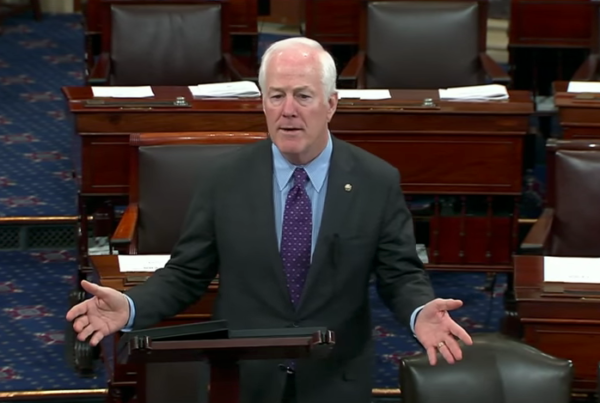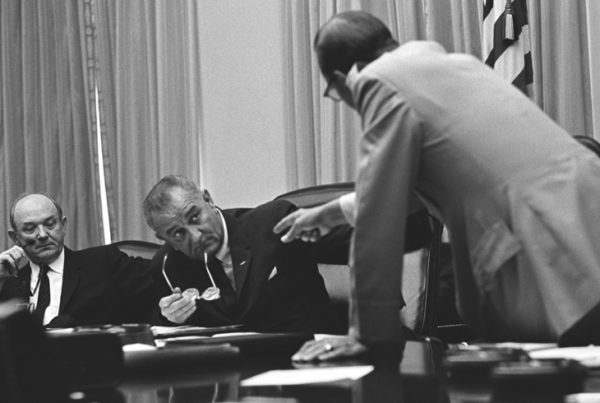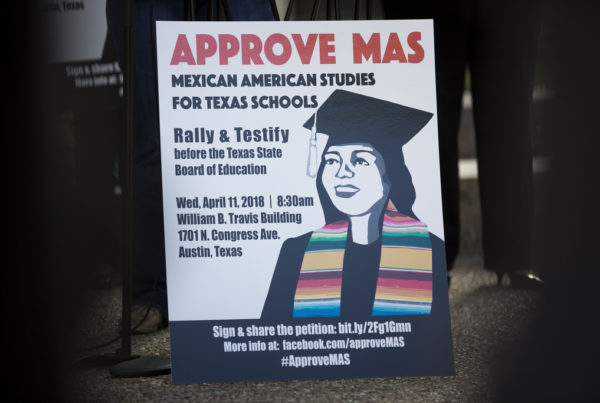Over the weekend, a Twitter user posted a picture of an envelope that contained a fundraising letter sent out in support of the Ted Cruz Senate campaign. The issue has more to do with what was printed on the outside of the envelope than what was inside. In bold letters across the center, it says “Summons enclosed. Open immediately.” And in the top left corner, where the sender’s name appears, it reads “Official Kerr County Summons … Voter Enrollment Campaign Division, Ted Cruz for Senate 2018.”
If you got such a letter, you might think you were being summoned to court. Or would you see right through it?
Though the legality of this tactic is being hotly debated online, it got us thinking: What can you put on a campaign mailer?
Kirby Goidel, professor in the Department of Communication and at the Public Policy Research Institute at Texas A&M University, says whether or not the Cruz mailer is legal, it crosses an ethical line.
“This is highly deceptive,” Goidel says. “And it’s done for a very clear reason. When you’re sending out mailings like this, you want people to open the envelope.”
Goidel says studies show people are more likely to open mail that looks like it’s official, so campaigns use the tactic to gain attention for their messages.
“What makes it legal is that it does say ‘Ted Cruz for Senate 2018,’ so there is that disclaimer and it also says that it’s from Senator Ted Cruz.”
Goidel says this information keeps the mailing within federal election laws, but it could violate state laws. At least one Democratic lawmaker has questioned the mailer’s compliance with state law. But candidates have wide latitude in crafting their messages.
“We allow a lot of things in election ads,” Goidel says. “We allow people to lie in election ads.”
In fact, Goidel says, commercial advertisers are held to a higher standard of truth than are political candidates.
When Cruz ran for president in 2016, Goidel says he sent controversial mailers to Iowa residents. The mailings described how the recipient had voted and told how their neighbors had voted.
“It indicated a voter-fraud problem, or voter-violation problem to the voter, and it encouraged them to come out and vote in the Iowa caucuses, and to do so to improve their score on this voter scorecard that they had.”
Goidel says social pressure of this kind encourages voter participation. The scores mentioned in the mailing do not exist.
Written by Shelly Brisbin.
















